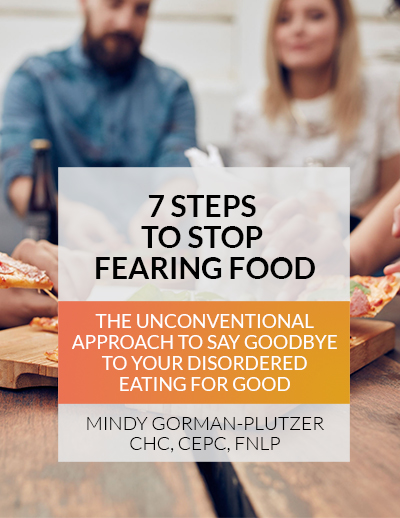
The verdict is in – it’s sugar, not fat, that is guilty of causing heart attacks. For more than 50 years we have been told that the cholesterol in eggs and other sources of dietary fat were to blame for the triggers of inflammation we know is at the “heart” of cardio-vascular disease.
New studies show that those people with the highest sugar intake had a four-fold increase in their risk of heart attacks compared with those having the lowest intakes. This new research links decades of data to how sugar causes high triglycerides, lower HDL (good) cholesterol, increases in number of small particles of LDL (bad) cholesterol, not to mention the adverse effects it has on our insulin sensitivity, leading to pre-diabetic conditions and, at worst, diabetes. Too much sugar, especially in the forms of sucrose and high fructose corn syrup, not only contribute to weight gain, but can wreak havoc with our liver, metabolism, and brain function.
I bring this to your attention because in my work with clients challenged by their relationship with food, sugar seems to be the “drug” of choice. No wonder – the chemistry of sugar affects your physiology in a way that no amount of willpower can stand up to. It acts like a drug in the body affecting the same brain chemicals as heroine and morphine..
Putting aside the research regarding heart disease, sugar plays a role regarding mood, energy and mental function. It affects not only our teeth but our skin and can accelerate its aging process. Sugar, in its refined form, is actually an anti-nutrient. It causes mineral depletion, which can lead to osteoporosis, arthritis, leg cramps, and muscle spasms. It can create immune suppression and blood sugar imbalance. It can trigger PMS, ADD, and depression.
I admit I love something sweet after dinner. Who doesn’t want sweetness at the table and in their lives? When it comes to kicking the sugar habit, there is no benefit to feeling deprived. My feeling is that the toxicity is in the dose and if you can limit yourself to minimal servings of healthy sweeteners, you can certainly maintain a healthy weight and an optimal state of health and well-being.
Having said this, all sweeteners are not created equal. Artificial sweeteners serve no purpose other than to pour chemicals into your body and fool your brain into thinking you’ve eaten sugar. The result is you will crave more. Sugar alcohols like sorbitol and xylitol are found in some sugar-free candies and gum. I think they are safe. I recommend avoiding malitol as it can cause cramping and diarrhea. There are some “designer sugars” that are available today, made from South American plants. One is Yacon and the other is Lacuma. Both are high in fiber, vitamins and minerals. They are touted as designer sugars because they are rather expensive. Other healthier alternatives to table sugar are:
- Molasses
- Sucanat
- Unrefined Evaporated Cane Juice
- Date Sugar
- Raw Honey
- Pure Maple Syrup
- Coconut Sugar
- Brown Rice Sugar
- Barley Malt
- Dates
- Xylitol
- Stevia
- Agave (while it is a natural sweetener, it is a natural high fructose concentrate. Even though it does not create a sugar “rush”, it must be digested by the liver and high fructose substances can result in adverse health conditions)
The power of food is profound. Making smarter choices empowers you to feel more in control of your life as well as your health.
I invite you to join me for a comprehensive program to learn about the effects of sugar on your body and your brain. This 4 week program will help you eliminate cravings, improve your mood, benefit your bones and your blood levels of cholesterol. You will even lose those stubborn pounds in the process.
Click here for more information and to sign up for the Sugar Blues Challenge!






0 Comments